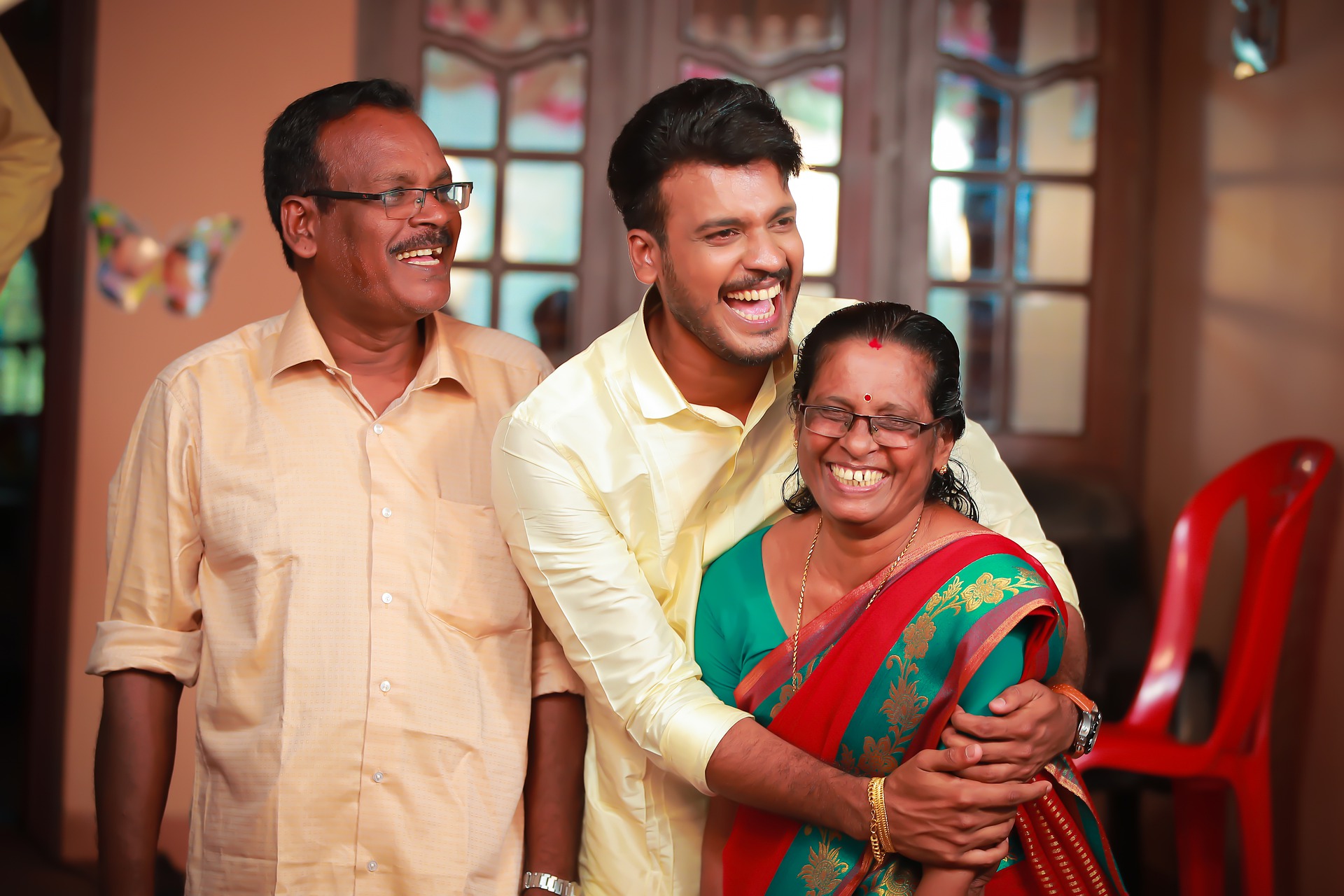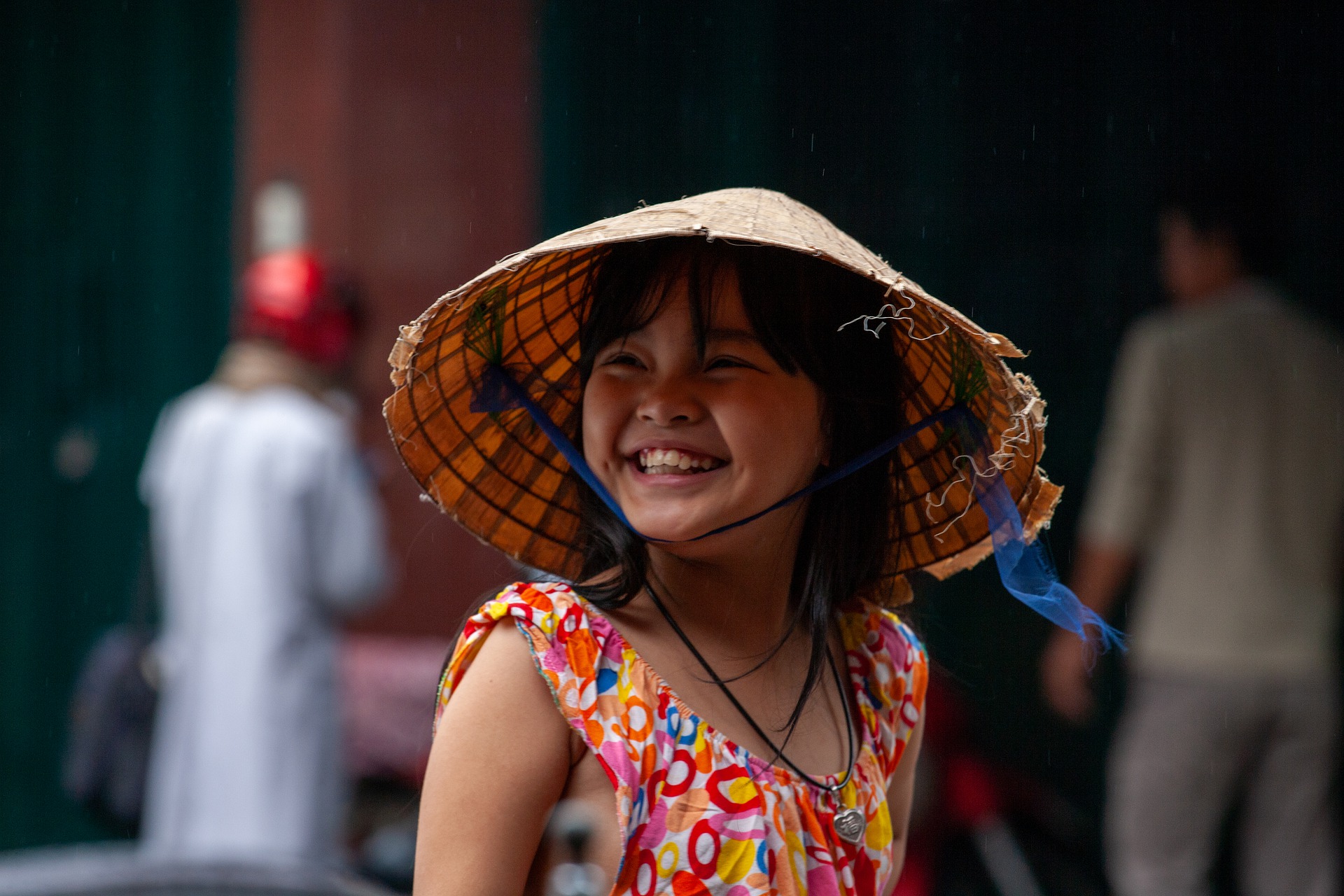CREATING EMOTIONAL WELLBEING IN CHILDREN AND FAMILIES
A mutual learning program where conversations generate possibilities
A new online course from the Mutual Learning Program and Family for Every Child.
Emotional wellbeing is a fundamental right in the same way as access to clean water and education, and there are things we can all do to support it.
Would you like to join a community of practitioners to learn and share together about ways to foster emotional wellbeing in the children and families you work with?
The Family for Every Child global alliance of 47 local CSOs is joining with the Mutual Learning Program consortium of NGOs in an exciting collaboration in 2024. The partners will provide a rich and interactive learning experience around approaches to foster emotional wellbeing and support mental health.
The five month online course is aimed at children’s care practitioners, globally, who are working in communities with vulnerable children and families. Participants will join together to discuss wide ranging topics including child development, trauma, emergency contexts, taking care of the caregiver and more.
The course will be delivered through the lens of collaborative and dialogical practices*; this means that instead of a traditional teacher-student model, facilitators and participants will reflect together and co-construct new knowledge and possibilities, in a space of mutual listening.
“It’s about relationships, always being practical, and taking a bottom up approach”
(Mutual Learning Program)
Join us to share your experience and knowledge, learn from peers, and support each other’s learning journey!
- Free mutual learning program
- Duration of five months
- Available in English and Spanish
- Fortnightly 2 hour Zoom sessions
- Online forum discussions and preparation (1 hour per week)
- Certificate after completion
INFORMATION AND ZOOM SESSIONS
To learn more about the course please attend one of our information sessions on Zoom, where you will be given a detailed outline of the syllabus, introduced to facilitators, the philosophy of collaborative and dialogical practices, and the expectations for participants committing to the five month programme. Click on the menu below to read about important dates and how to subscribe!
- Thursday 14th December 2023, 1 – 2 pm UTC (register here, you can join the Zoom call by clicking here) N.B. Please let us know if you require Spanish interpretation by Friday 8th December
- Thursday 11th January 2024, 1 – 2 pm UTC (register here, you can join the Zoom call by clicking here) N.B. Please let us know if you require Spanish interpretation by Monday 8th January
Places on the course will be limited, so please sign up as soon as you can! You can subscribe to the course here.
If you want to participate in this program, starting early 2024, please fill in this form!
Introduction meeting: January 18
Module 1: February 1, 15 and 29
Module 2: March 28, April 11 and 25
Module 3: May 23, June 6 and 20
Module 4: March 14, May 9 and July 4

CERTIFICATE
After completion of the programme and a good attendance rate, you receive a certificate.
HOW WE WORK
*Below are some descriptions of collaborative and dialogical practices, the lens through which this course will be delivered:
- Transformation away from a model where professionals are convinced by what they know, towards one where professionals are co-constructing knowledge, rooted in genuine curiosity towards the other.
- Transformation away from a model where professionals want to produce changes in other people, towards one in which professionals want to be changed, together.
- Transformation away from a model where experts tell us what to do or not to do, towards a collaborative relationship that allows time to think and reflect together, sharing our promising practice.
- Co-creating a space of dialogue and collaboration where we can inspire and be inspired.
Let's have conversations that create possibilities together!

METHOD AND CONTENT
Every group consists of +- 25 organisations with 2-3 representatives each. Because we make the commitment to work together for six months,
we invest in getting to know each other. The program consists of four modules with a zoom session every two weeks (12 in total).
1. Collaborative and dialogical practices
M1-1: Philosophy and premises
M1-2: How to generate dialogue
M1-3: Reflective Teams
2. Mental Health and Child Development from a Collaborative and Dialogical Position
M2-1: How do we understand Mental Health
M2-2: Child Development and Trauma
M2-3: Mental Health in children
3. Mental Health: How do we relate with children and their families in general and in specific situations like abuse and crisis/emergencies
M3-1: How do we relate with children?
M3-2: Sexual abuse/incest
M3-3: Emergency/Crisis interventions